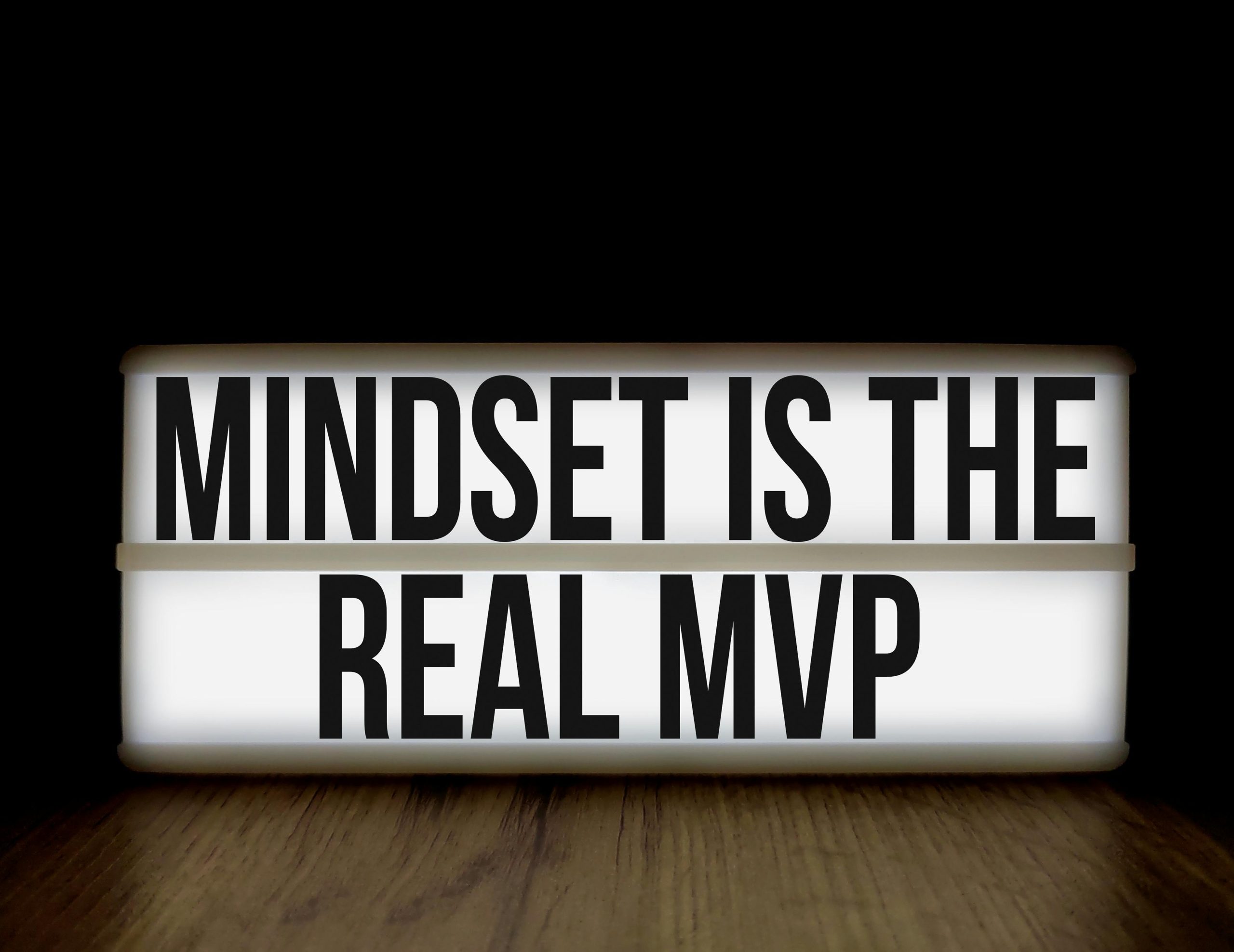Imagine waking up every day with a clear sense of purpose, knowing exactly what you want to achieve and how to get there. That’s the power of goal setting—a simple yet transformative practice that can shape your personal and professional success. Whether you’re aiming for career growth, better health, or personal development, setting goals provides direction, motivation, and a roadmap to turn dreams into reality. But why is goal setting so important, and how can you do it effectively? Let’s dive in.
Why Goal Setting Matters
Goal setting is more than just writing down a wish list—it’s a strategic tool that drives progress and fulfillment. Here’s why it matters:
- Clarity and Focus: Goals help you define what you truly want, eliminating distractions and keeping you aligned with your priorities.
- Motivation: Clear goals give you a reason to push through challenges, turning effort into meaningful progress.
- Accountability: When you set measurable goals, you create a system to track your progress and hold yourself accountable.
- Personal Growth: Pursuing goals pushes you out of your comfort zone, fostering resilience and new skills.
- Sense of Achievement: Accomplishing goals, big or small, boosts confidence and reinforces positive habits.
Without goals, it’s easy to drift through life without direction. By setting intentional objectives, you take control of your future.
How to Set Goals Effectively
Not all goals are created equal. To maximize your chances of success, follow these proven strategies:
1. Use the SMART Framework
The SMART criteria ensure your goals are well-defined and actionable:
- Specific: Clearly define what you want to achieve. Avoid vague statements like “get fit” and instead say, “run a 5K in three months.”
- Measurable: Include quantifiable metrics to track progress, such as “save $5,000 this year.”
- Achievable: Set realistic goals that challenge you without being impossible.
- Relevant: Align goals with your values and long-term vision.
- Time-bound: Assign deadlines to create urgency and focus.
2. Break Goals into Smaller Steps
Large goals can feel overwhelming. Break them into smaller, manageable tasks to maintain momentum. For example, if your goal is to write a book, start with daily 500-word writing sessions.
3. Write Them Down
Research shows that writing down goals increases the likelihood of achieving them. Keep them visible—on a journal, whiteboard, or digital planner—to stay reminded and motivated.
4. Stay Flexible
Life is unpredictable. Be open to adjusting your goals as circumstances change without losing sight of the bigger picture.
Common Goal-Setting Mistakes to Avoid
Even with the best intentions, people often stumble in their goal-setting journey. Here are pitfalls to watch out for:
- Setting Too Many Goals: Overloading yourself leads to burnout. Focus on a few key objectives at a time.
- Ignoring Obstacles: Anticipate challenges and plan how to overcome them. For example, if time management is an issue, schedule dedicated goal-focused blocks.
- Lacking Accountability: Share your goals with a friend, mentor, or coach to stay on track.
- Neglecting to Celebrate Wins: Acknowledge progress, no matter how small, to stay motivated.
Examples of Effective Goal Setting
To put theory into practice, here are real-world examples of well-structured goals:
- Career: “Complete a professional certification in digital marketing within six months by studying two hours per week.”
- Health: “Lose 10 pounds in three months by exercising three times a week and meal prepping on Sundays.”
- Personal Finance: “Save $3,000 for an emergency fund by setting aside $250 per month for the next year.”
Notice how each goal is specific, measurable, and time-bound, making it easier to track and achieve.
Conclusion
Goal setting is a cornerstone of success, providing clarity, motivation, and a path to personal and professional growth. By using frameworks like SMART goals, breaking objectives into smaller steps, and avoiding common mistakes, you can turn aspirations into achievements. Remember, the journey of a thousand miles begins with a single step—so start setting your goals today and unlock your full potential.



